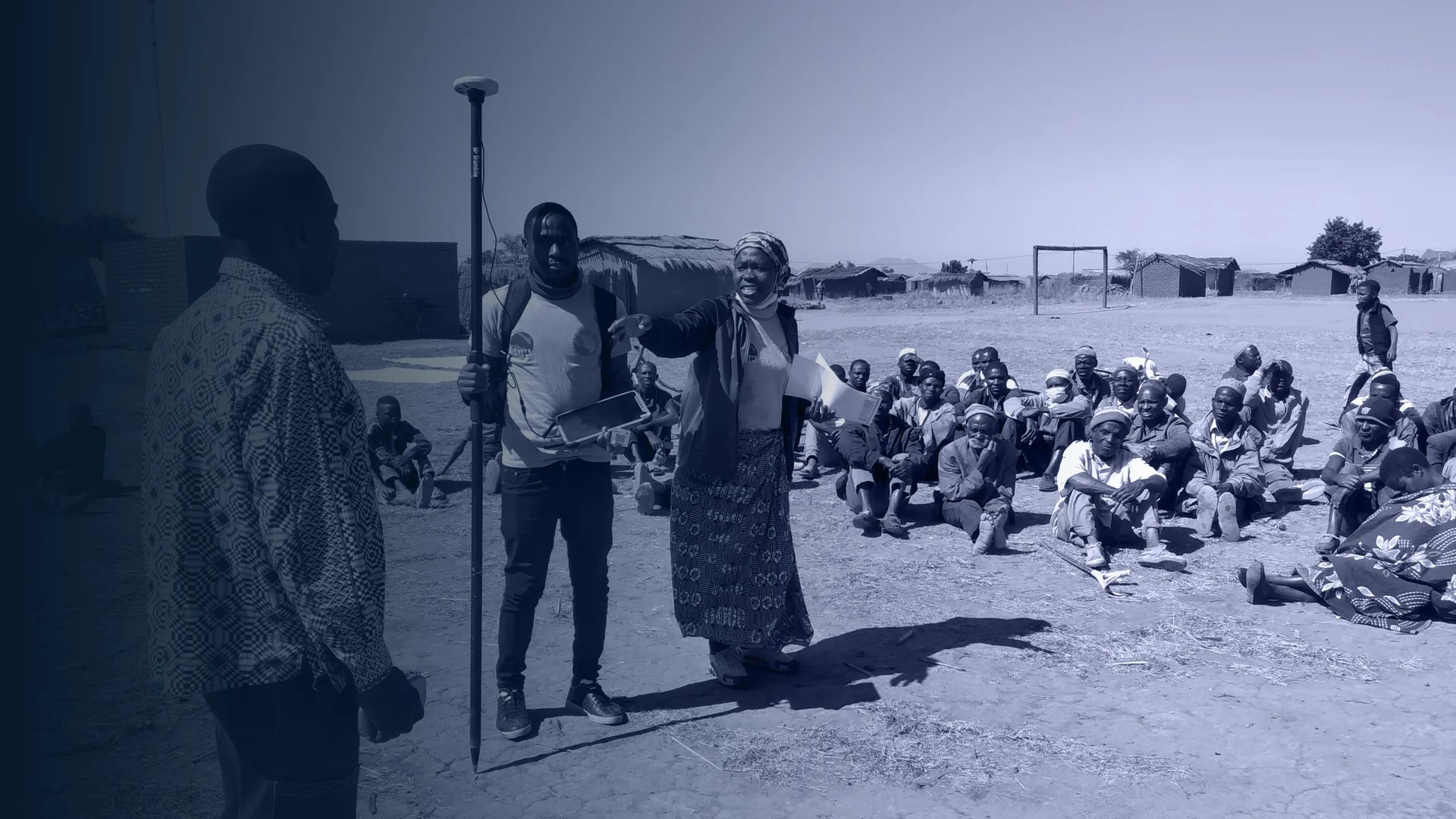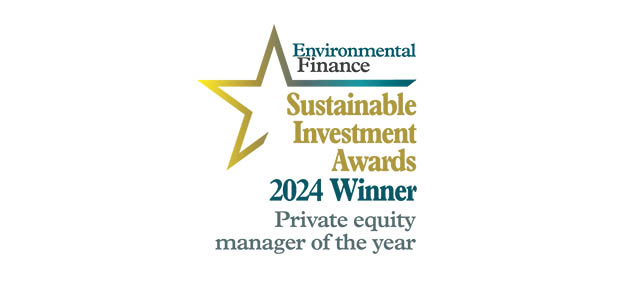Vital Capital’s recent investment in Vastpoint, a pioneering land management and geospatial solutions company, has attracted significant attention from regional and international news outlets. Vastpoint helps governments and communities across Africa, Asia and Latin America to create more transparent, inclusive and effective land systems.
The announcement was covered by leading publications, including:
- Africa Capital Digest: Vital Capital Backs Land Rights Pioneer Vastpoint
- Africa Private Equity News: Vital Capital Invests in Vastpoint
- Disrupt Africa: SA Land Management Startup Vastpoint Secures Strategic Funding
- Africa Global Funds: Vital Capital Invests in Vastpoint
- Techbuild Africa: Vital Capital Backs SA’s Vastpoint to Strengthen Land Rights in Vulnerable Regions
- Daba Finance: Impact Investor Vital Capital Backs South Africa’s Vastpoint
- Ocean News: Afrique du Sud : Vastpoint, la start-up qui veut rendre la terre à ceux qui l’habitent
At Vital Capital, we focus on essential services and infrastructure that deliver measurable, lasting impact. Vastpoint’s mission aligns perfectly with that approach. The company is reshaping how land is titled, managed, and valued in high-growth markets. It has already improved the lives of more than 3 million people, issuing over 820,000 land titles, and training thousands in better land governance.
Land systems don’t always make headlines, but they are fundamental to unlocking opportunity, empowering communities, and driving sustainable development across generations. Vastpoint’s work is a powerful example of how private capital can work with governments and communities to build fairer, more resilient futures.
Vital Capital is proud to support Vastpoint as it scales its innovative systems to bring secure land rights to underserved regions by combining technology, transparency, and local engagement.
For more on this investment, read the full announcement here.








